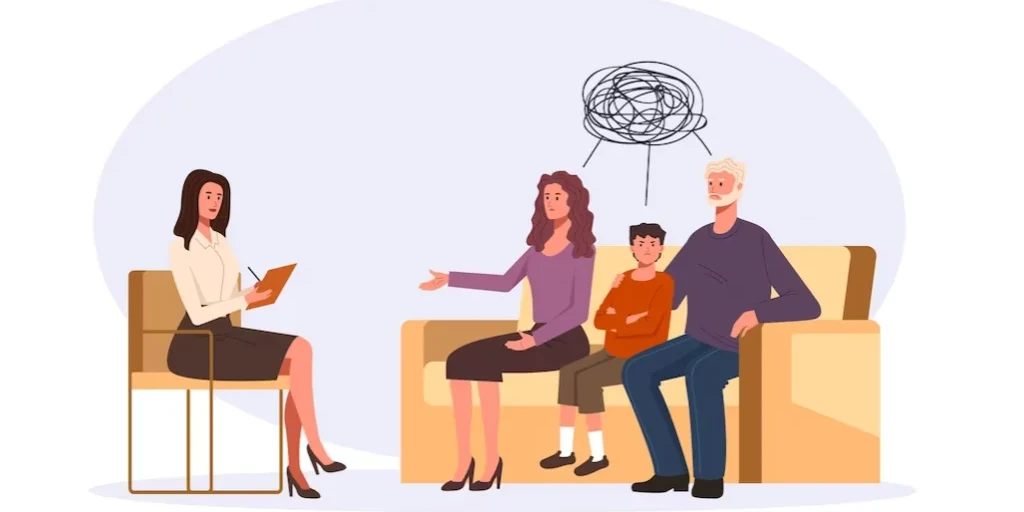24/7 Helpline:
(866) 899-221924/7 Helpline:
(866) 899-2219
Learn more about Dual Diagnosis Rehab centers in Otterbein
Dual Diagnosis Rehab in Other Cities

Other Insurance Options

Meritain

Optum

State Farm

Holman Group

PHCS Network

AllWell

MVP Healthcare

American Behavioral

Lucent

Absolute Total Care

Health Choice

EmblemHealth

Optima

Molina Healthcare

Sliding scale payment assistance

Kaiser Permanente

Choice Care Network
Beacon

Private insurance

Coventry Health Care
















Wabash Valley Alliance
Wabash Valley Alliance's mission is to provide quality behavioral health and addictions care based o...








